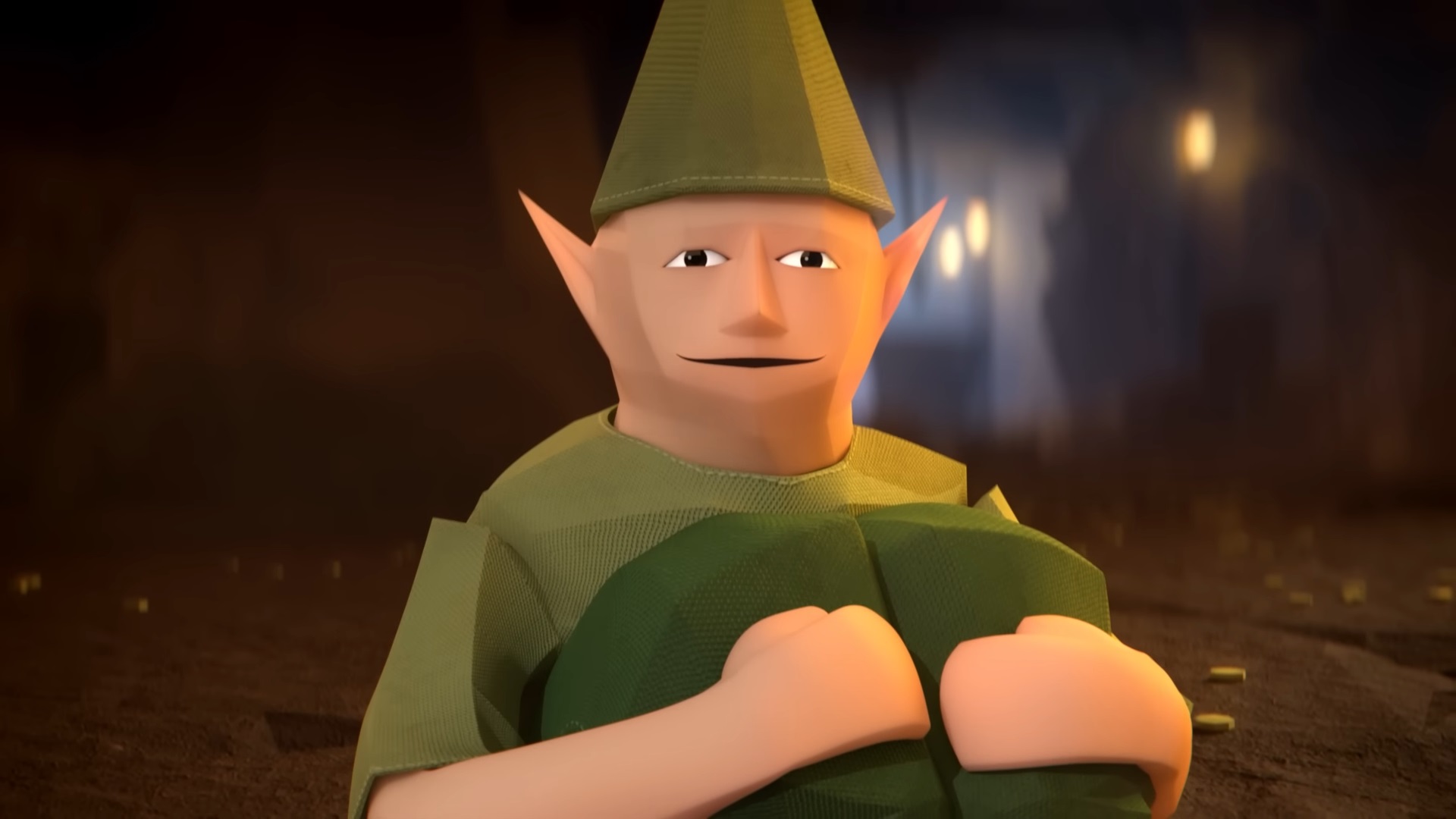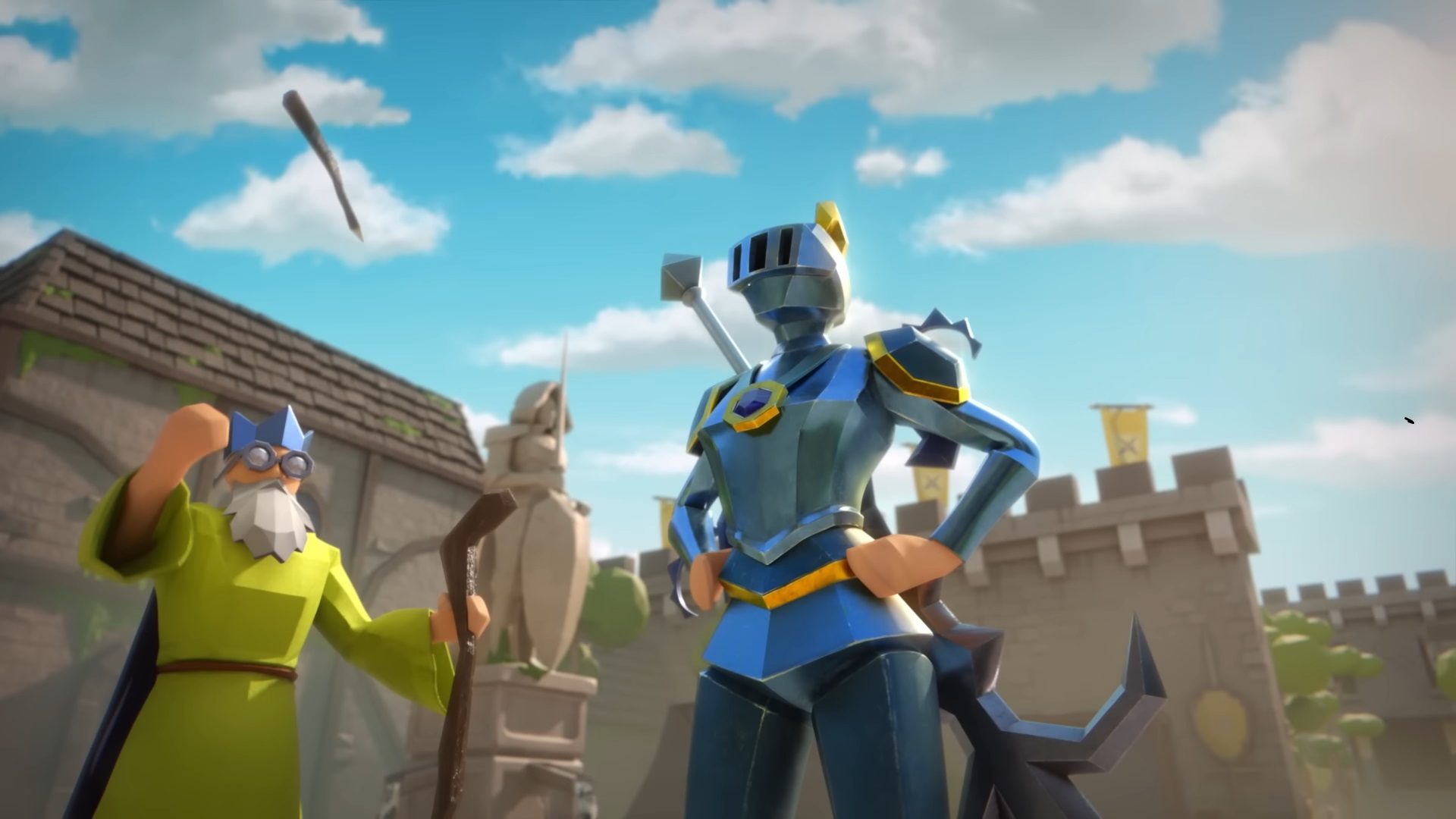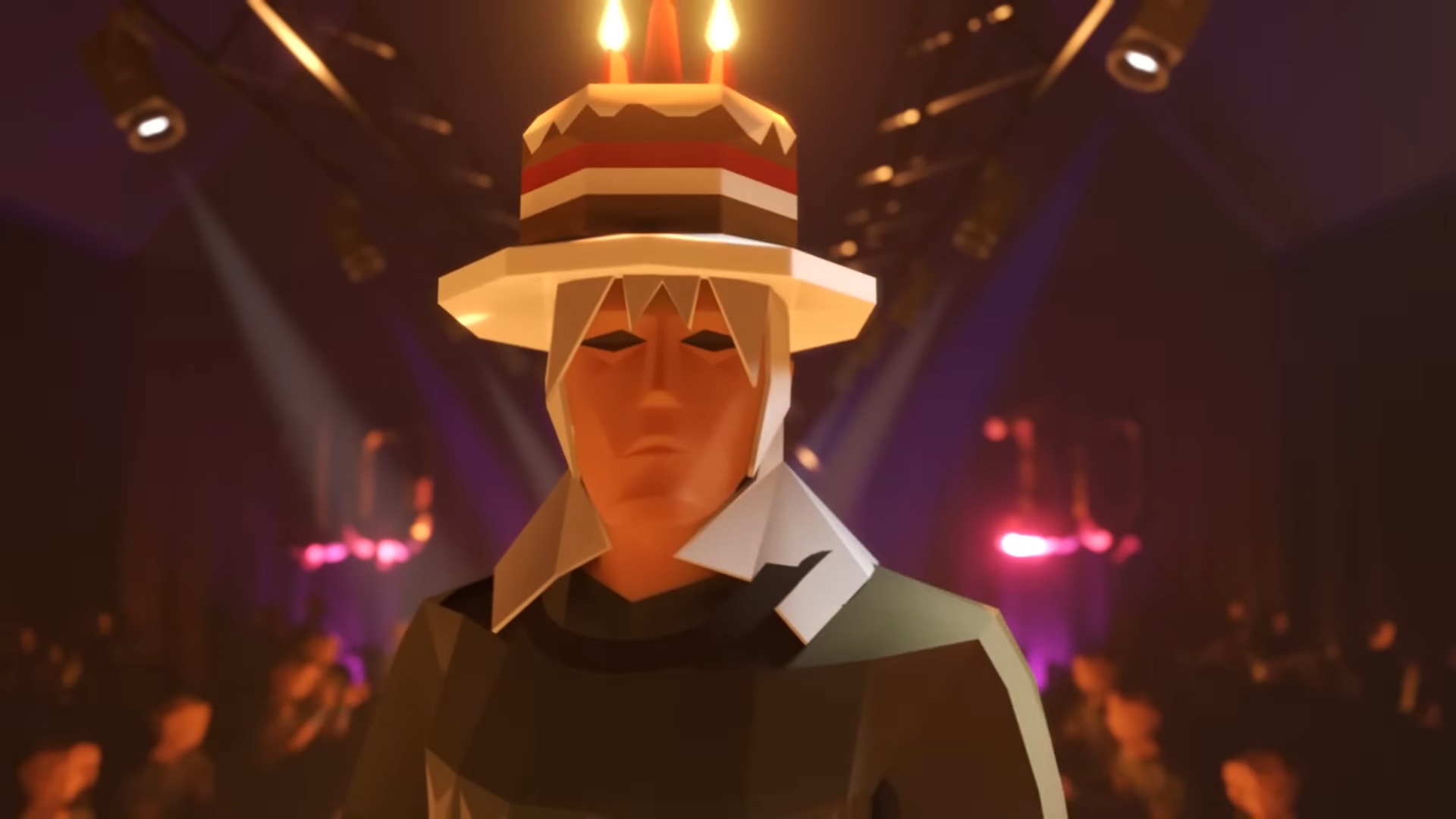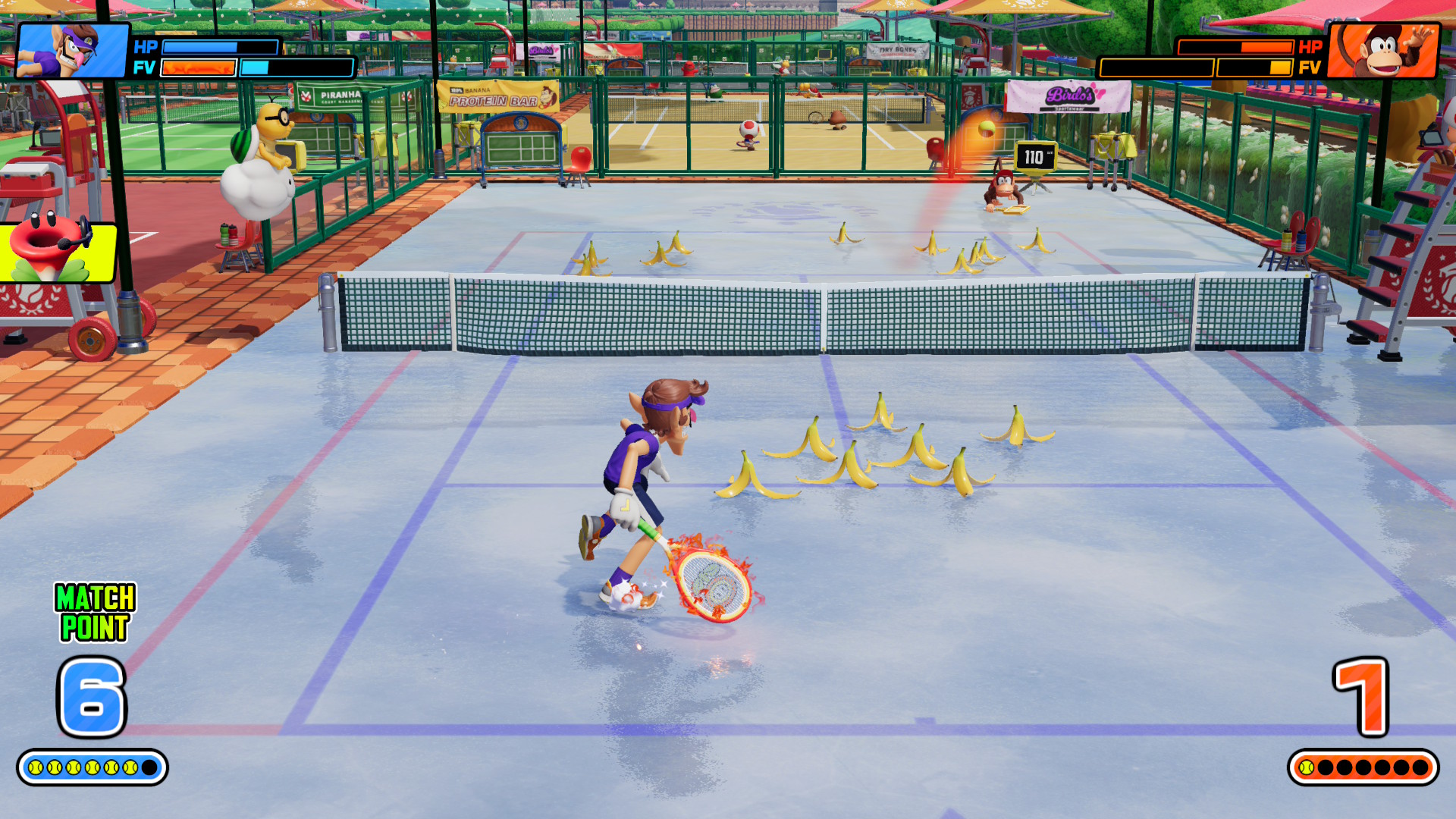An anti-FOMO approach would be unthinkable for most MMOs and live service games, but it's the secret to Old School RuneScape's new peak of 240,000 players: "Everything you earn matters forever"
12 years after launch, evergreen MMO Old School RuneScape passes 240,000 concurrent players

Weekly digests, tales from the communities you love, and more
You are now subscribed
Your newsletter sign-up was successful
Want to add more newsletters?

Every Friday
GamesRadar+
Your weekly update on everything you could ever want to know about the games you already love, games we know you're going to love in the near future, and tales from the communities that surround them.

Every Thursday
GTA 6 O'clock
Our special GTA 6 newsletter, with breaking news, insider info, and rumor analysis from the award-winning GTA 6 O'clock experts.

Every Friday
Knowledge
From the creators of Edge: A weekly videogame industry newsletter with analysis from expert writers, guidance from professionals, and insight into what's on the horizon.

Every Thursday
The Setup
Hardware nerds unite, sign up to our free tech newsletter for a weekly digest of the hottest new tech, the latest gadgets on the test bench, and much more.

Every Wednesday
Switch 2 Spotlight
Sign up to our new Switch 2 newsletter, where we bring you the latest talking points on Nintendo's new console each week, bring you up to date on the news, and recommend what games to play.

Every Saturday
The Watchlist
Subscribe for a weekly digest of the movie and TV news that matters, direct to your inbox. From first-look trailers, interviews, reviews and explainers, we've got you covered.

Once a month
SFX
Get sneak previews, exclusive competitions and details of special events each month!
Riding on an all-time record of 240,000 concurrent players, the Old School RuneScape devs at MMO icon Jagex are "buzzing," design director Kieren 'Mod Kieren' Charles tells me.
The game's recent Varlamore region finale has seen "almost universally positive" feedback and "not that many bugs," freeing the devs up to focus on relatively minor fixes while drinking in the satisfaction of polishing off this arc.
Charles embraces the "Platinum Age" coined by OSRS players and acknowledged by Jagex, celebrating the game's new peak on the heels of a big update and an influx of World of Warcraft players.
A new, complete continent is a big milestone for the game. "We've had little bits, new islands, things like Fossil Island, which are a bit smaller, but this is a new, proper, contiguous continent. And it's a personal dream of mine that I feel like I've had delivered from what I wanted in the game nearly 20 years ago. And the amount of effort over the last nearly 10 years that's culminated in this has just been phenomenal. The amount of people involved, including the community themselves, have helped to make that possible and almost helped to shape it as well."

Many of the WoW players who've jumped into OSRS have discussed how the two games compare. Where WoW operates in cycles and soft or hard resets, OSRS is one long journey built on tiered goals that coexist. I asked Charles how he'd describe the game's top-level design philosophy, and the secret to its enduring magnetism, and his answer feels like the opposite approach to many of today's live service games – part of this game's appeal, in and of itself.
"We stick very clearly to our design principles, and the most important one to all of those is protecting people's achievements and progression in this game. So no matter how bold we might be with a new area expansion, with a new boss, with new rewards, new potions, new food, whatever it may be, we're making sure it fits that bill of making sure people's achievements don't feel undermined.
"If anything, it's trying to add new steps on that journey and make that stronger and make the sense of progression important. Basically, this is the critical thing that keeps Old School working as a game."
Weekly digests, tales from the communities you love, and more
The team looks to balance a range of content – quests, bosses, skills, and more – for the "community of communities" within OSRS, Charles says. "I believe an MMO is greater than the sum of its parts," he adds, and diversity of content and play patterns is key to that. He points to a previous update, the mid-game Scurrius rat boss, as a major success here. It bridges a gap in the player journey and helps guide newer players toward killing bosses.
"I think that's one of the most Old School-feeling updates we've probably ever done," he says. "It's literally back to Varrock sewers. It feels so nostalgic. It feels so familiar. It's like it could have always been there, and that familiarity is the other absolutely key backbone to everything we do.
"If this game stops feeling familiar, that's a problem. So we need to safeguard the familiarity, because that's what makes people feel like this is a great place to be. If you start feeling unwelcoming or unfamiliar with what you remember, I think you start to lose the identity of Old School."

This balancing act gets even more complicated when you add MMO-standard power creep into the mix. Here, too, Old School's approach is fascinating. The game's combat sandbox has various levers to pull here – attack speeds, damage types, enemy-specific bonuses, and so on – but the secret sauce lies deeper. Often, old gear is recycled upwards – modified or consumed to make the new best gear.
Charles acknowledges that players want new content to come out and they want a clear progression incentive to do it, so "we still do power creep, we've still got to move up," but that guiding star of protecting progression remains absolute.
He points to the Avernic Tread boots dropped by Varlamore's new Doom boss, which combine boots made from crystals dropped by an old Cerberus boss, which were applied to boots sourced from a range of older activities.
There's no benefit to logging in specifically today versus tomorrow. There's no fear of missing out.
Kieren Charles
Direct and total power creep would break that chain of progression and obviate perfectly good bosses and items. "Players who've invested loads of time into doing Cerberus and getting those boots, it feels like, well, why I'd spend all that time doing that?" Charles hypothesizes. "It feels like a bit of a slap in the face because new content's come out. I should have just went and done that."
With the upgrade approach, "you still have to do elements of both, and for us as designers, it still leaves Cerberus having a strong value in the game. There's reasons for players to go and engage with that content. That's fun. There's a cool boss there, but also, we respect people's achievement."
Similarly, where many live service games encourage players to log in daily or weekly for limited-time rewards or events, OSRS actively avoids that style of prodding (barring special, limited game modes like Leagues that exist separately to the core game and are hugely popular). Charles describes this as the "equality of time," which purposefully prevents the dreaded FOMO, fear of missing out.

"You can spend five minutes on the game today and five minutes tomorrow, or you could spend a whole hour. Those bits of time when you play are equivalent. There's no benefit to logging in specifically today versus tomorrow. There's no fear of missing out. There's not a sort of external pressure to have to play today because you're going to miss out on X thing.
"I think that means the game feels like it's something you could easily pick up, and easily step back from whenever you feel you want. And you combine that with the fact everything you earn matters forever. I think this stuff starts to get to the real core of why this game works, that progression system. It's not only because it's permanent. It's because of how extensive it is. Progressing through the game is like some huge spider web of different progression points.
"This game is really the journey, not the destination. We do not want to fast-track you to the end and get to max. That journey of progressing and completing these goals is what makes the game work. So we just always look at that journey and say, how do we make it better?"

Austin has been a game journalist for 12 years, having freelanced for the likes of PC Gamer, Eurogamer, IGN, Sports Illustrated, and more while finishing his journalism degree. He's been with GamesRadar+ since 2019. They've yet to realize his position is a cover for his career-spanning Destiny column, and he's kept the ruse going with a lot of news and the occasional feature, all while playing as many roguelikes as possible.
You must confirm your public display name before commenting
Please logout and then login again, you will then be prompted to enter your display name.


